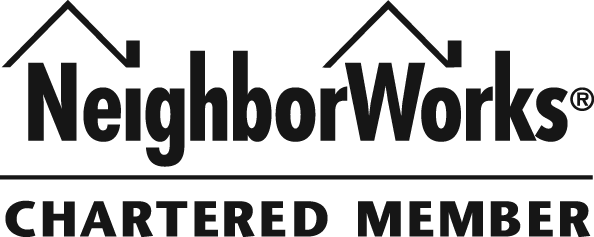Statement on the Public Charge Proposal
Angie Liou, Executive Director of Asian Community Development Corporation
“Last month, the Department of Homeland Security proposed the “public charge rule”. According to the new proposal, green cards and visas for immigrants would be severely restricted for those who use public benefits, or for those whom the government deems as potential users of such benefits, including food stamps, non-emergency MassHealth coverage, Section 8 housing and federal public housing. Moreover, the new rule will impose a significantly longer list of “negative factors” that could disqualify many immigrant families, including those whom we at the Asian Community Development Corporation (ACDC) serve in the Asian community throughout Greater Boston. As such, we firmly stand against such a proposal.
We believe that safe and affordable housing is the foundation for healthy families. According to the Robert Wood Johnson Foundation, unaffordable housing costs place enormous financial strain on families, resulting in poorer health outcomes and even decreased educational outcomes in children. By forcing families to forego affordable housing in order to stay in the country, many families would choose to decline benefits that they are legally entitled to and need to thrive.
Based on the income guidelines in the new proposal, most current green card applicants would be disqualified. In fact, a household income of less than 125% of the Federal Poverty Guidelines (FPG), or $30,350 annually for a family of four, would be considered a “significant negative factor” in a family’s application. Moreover, only household incomes over 250% of the FPG, or $62,750 for a family of four, would be considered a “positive factor”. Because the current average annual income of families in Chinatown is $30,000, this law would mean that the average Chinatown family would no longer be welcomed to stay in America.
Each year, ACDC helps hundreds of low and middle income immigrant families improve their financial knowledge, increase their credit scores, save toward financial goals, and purchase their first homes. We strongly oppose the idea that America is only for the wealthy and the notion that low-income families have nothing to contribute. The families that we serve are evidence that immigrant families can achieve prosperity when provided with the right stepping stones.”


